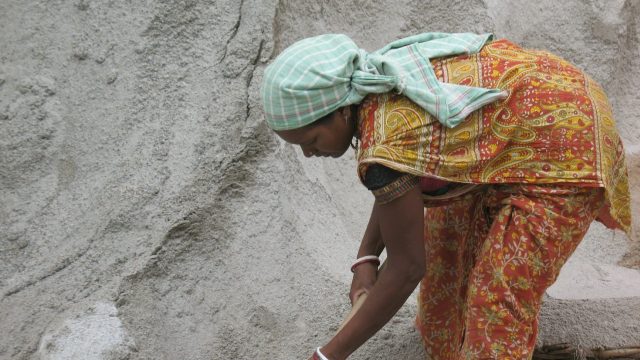The Indian government has released new data on human trafficking in the country, but campaigners say the estimates are far below that true scale of the problem.
While the government noted that there was a 20% increase in the number of trafficking cases from 2015 to 2016, the total number is still considered to be too low by activists.
Thomson Reuters Foundation explains:
The National Crime Records Bureau (NCRB) said there were 8,132 human trafficking cases last year against 6,877 in 2015, with the highest number of cases reported in the eastern state of West Bengal, followed by Rajasthan in the west.
Activists attributed the rise in to greater public awareness and increased police training, resulting in better enforcement of anti-human trafficking laws.
“But the numbers themselves are far from ground reality. The number of trafficking cases will be many times more than what the data in the (NCRB) report states,” says Anita Kanaiya from The Freedom Project, an anti-slavery charity.
The NCRB data was released on November 30, which estimates that 60% of the 23,117 victims rescued were children. Women and girls were 55 percent of all victims. 45% percent of victims were trafficked for forced labor, while 33% were trafficked for sexual exploitation. The remainder of cases involved trafficking for domestic servitude, forced marriage, forced begging, drug peddling, and organ removal.
Campaigners say that while the government response has improved in recent years, support for rescued victims is still weak.
Prime Minister Narendra Modi’s government is looking to create a comprehensive national law on human trafficking that would “unify existing laws, prioritize survivors’ needs and provide for special courts to expedite cases.”







Freedom United is interested in hearing from our community and welcomes relevant, informed comments, advice, and insights that advance the conversation around our campaigns and advocacy. We value inclusivity and respect within our community. To be approved, your comments should be civil.